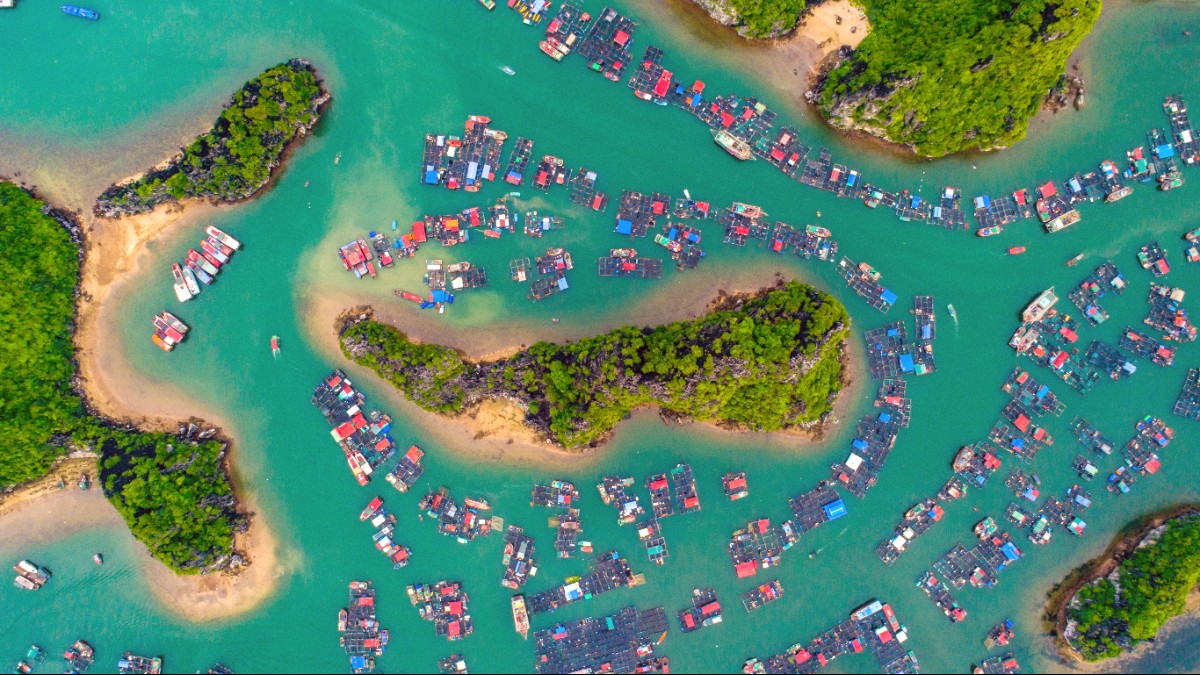
Northeast Vietnam, Vietnam
Cat Ba National Park, an UNESCO Biosphere Reserve, is home to diverse ecosystems and critically endangered species. Respect park rules.
Waste management remains an ongoing challenge in Vietnam. Minimize waste by refusing single-use plastics.
Water resources face pressure, especially in coastal areas. Be mindful of your water usage in hotels.
Your travel choices directly impact environmental sustainability.
Look for hotels with sustainability certifications or stated environmental policies. Choose tour operators in Lan Ha Bay or Cat Ba that emphasize responsible tourism, proper waste disposal, and minimal environmental impact.
Engage in activities that leave minimal impact. Kayaking in Lan Ha Bay with proper waste management on boats showcases responsible exploration. Support local initiatives that maintain natural beauty.
Consider this step as part of your journey.
Your purchasing choices have a direct impact on supporting sustainable practices and environmental protection. Opt for products that prioritize ethical production and minimal environmental footprint.
Minimize your environmental footprint by refusing single-use plastics.
Reusable water bottlesMinimize your environmental footprint by refusing single-use plastics. Carry a reusable water bottle and shopping bag, and consider reusable products for travel.
Ethical interactions and cultural understanding enrich your journey.
Support local artisans and cultural institutions. Learn about the history and significance of sites before you visit to deepen your appreciation.
Dress modestly, especially when visiting religious sites. Remove shoes before entering homes or temples. Always ask permission before photographing people. Bargain politely and with a smile. Respect personal space.
Maintain a quiet demeanor. Do not touch altars or sacred objects. Do not turn your back to Buddha statues when sitting or taking photos. These actions show profound disrespect.
Observe silence and a calm presence in sacred spaces.
Avoid touching altars, statues, or sacred objects.
Do not turn your back to Buddha statues. Always face them with reverence.
Your travel choices directly support local communities and ethical practices.
Choose homestays to channel money directly to local families.
Patronize businesses run by community members, especially in rural areas.
A prime example on Cat Ba Island where community-based tourism thrives.
Avoid "voluntourism" that may inadvertently perpetuate problems. Donate to reputable, registered charities instead.
Avoid giving money directly to beggars or children, as it can encourage begging.
Do not participate in activities that involve animal cruelty, like snake wine, civet coffee from caged civets, or unregulated animal shows.